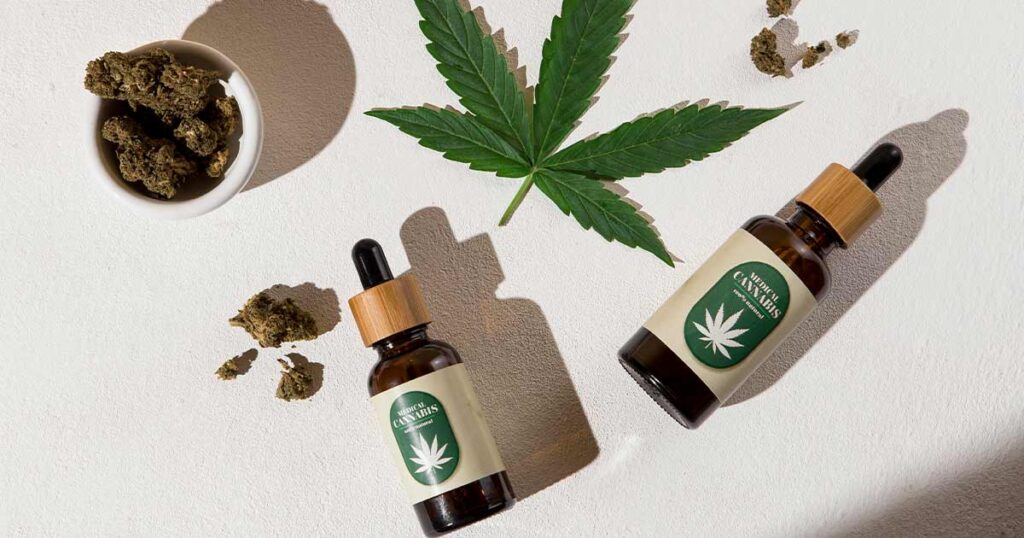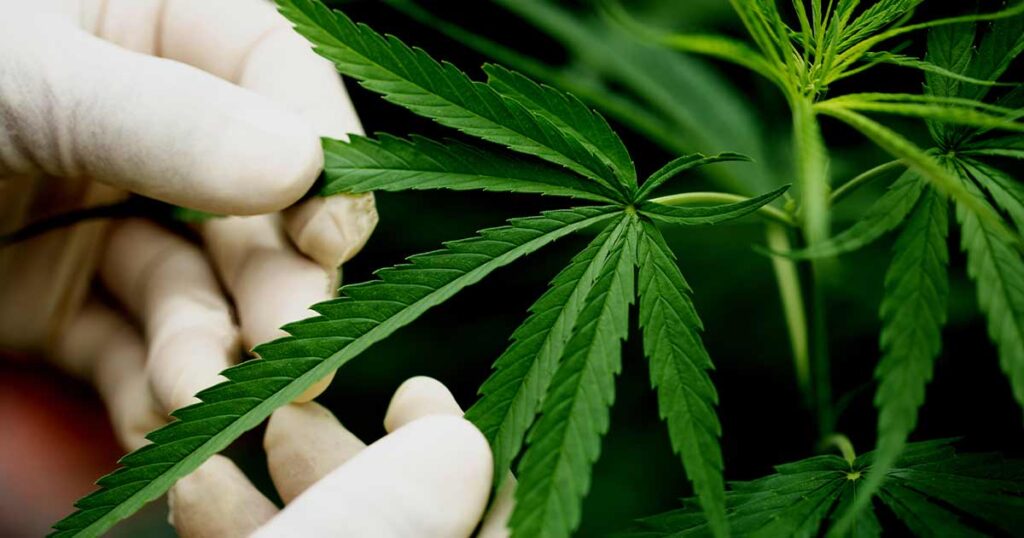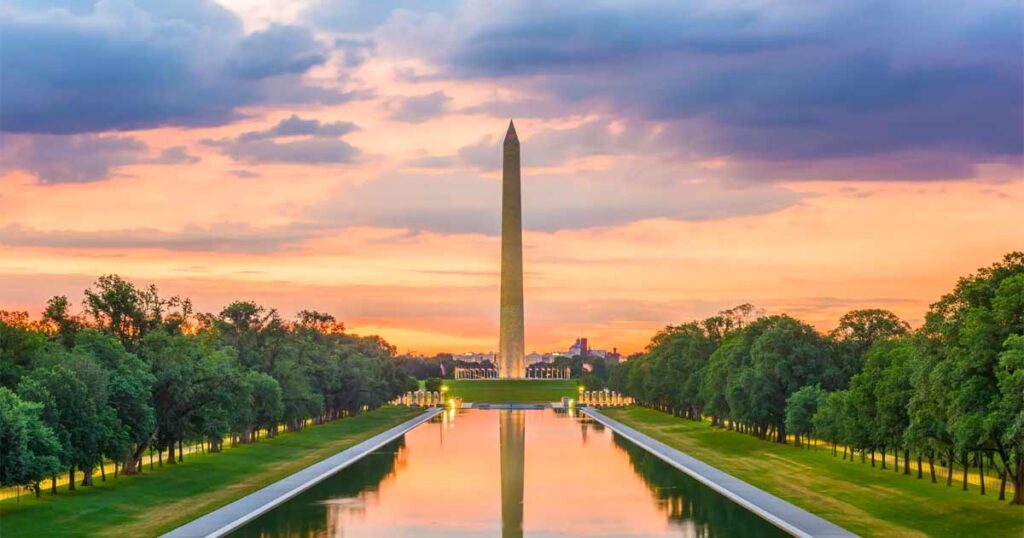In a satisfying move forward, local Washington D.C. lawmakers had a set of marijuana and cannabis-related reforms, the B24-0013 Medical Cannabis Amendment Act, established as state law at the end of March 2023.
Washington D.C. Mayor Muriel Bowser had signed off on it this past January, but the obligatory period for the United States Congress to intervene, object, and/or make recommendations took effect. That period has now ended (they had until the 22nd of March). This means the Biden government not only faltered in possible intentions to interfere, but their probable neglect also played a part in the greater benefit for citizenry winning out.
The medical cannabis law reforms include two keystone pieces of legislation. Firstly, it lifts the cap on the number of dispensaries permissible in each district. Secondly, it allows patients sixty-five and older to self-certify: that is to say, most states with legalized medical hemp/cannabis and marijuana (in some cases, psychedelics) require a medical practitioner to approve the use of marijuana and/or cannabis as a treatment.
Additionally, it:
- Temporarily lifts the limit on the number of plants for licensed farmers;
- Allows for delivery services and consumption lounges;
- Extends tax relief to distributors and traders.
Greater Freedom Means A Reduction In Prosecuting Plant Medicine
Throughout history, humans have grown, shared, and consumed plant medicine. In our modern era, many medical practitioners find that the medicinal value of the cannabis plant family – including its intoxicating cousin marijuana, also known affectionately as weed – transcends the circumstance of having a medical diagnosis.
Users across the board report feeling better, feeling relaxed, feeling inspired, feeling eager, and having more fun in life in general: remarkable day-to-day mental health benefits for anyone, regardless of whether they do now or will, later on, suffer from a debilitating disease.
Especially when it comes to the elderly population! Cannabis, in which the active compound is a concentration of cannabidiol, is widely regarded as a veritable muscle relaxer, easing pain in the joints between bones, alleviating chronic pain, nausea, and vomiting (related to chemotherapy), and muscle spasticity as found in people living with epilepsy and multiple sclerosis.
It is also found that marijuana might have a low or negligible dependency rate, while CBD-containing weed and edibles have next to no rates of addiction and unhealthy dependence. It’s no surprise that shamans, indigenous healers, and learned enthusiasts have been saying this since before we were born!
This definitely initiates the start of higher-level discussion in and amongst the federal government and its agencies about the inevitable end to the war on plant and fungi-based medicine. This will trigger high-level discussions about the declassification of some Schedule I drugs exhibiting medical health benefits and market value to the pharmaceutical industry and/or for-personal-use-growers of marijuana and magic mushrooms.

A Lesser Threat Of Prosecution For Medical Cannabis Users
It is common for consumers/growers and farmers to protect themselves against crop failures or contamination of the bud. But limits on the number of plants one can possess threaten the user who grows for personal consumption and creates a greater risk for the local business owner or farmer.
Given that subsidies and financial relief are slow in coming from the federal government and in certain states with no state-run medical cannabis programs, the local farmer has been waiting for a long time. Vertically-integrated multi-state operators dominate New York, Illinois, and Pennsylvania markets.
Greater Support For Local Business
So ultimately, this is a win for the local consumer and farmer. The fact that Congress and the Biden administration have neglected to act places medical marijuana and cannabis firmly in the driver’s seat, with state lawmakers holding the wheel.
This undeniably spells greater access to medical cannabis and marijuana for patients, veterans, and sufferers of HIV/AIDs, multiple sclerosis, and acute or chronic glaucoma (three diseases widely regarded as terminal and debilitating and recognized as qualified conditions in the majority of legal weed states including Alaska, Maine, Colorado, and Rhode Island).
Interested To Know More About Medical Cannabis?
Which states have medical cannabis laws at present?
Which states have medical cannabis amendments enacted or active medical marijuana programs, state-led or otherwise? Click here for in-depth information on relevant state-specific politics and information (updated every week!)
If regular Americans were waiting for the Biden administration to provide legal support or paternalistic guidance, they would be left waiting. It appears that state-specific movements from advocates and impassioned legislators will achieve what the federal government promised to do since the day after the Declaration of Independence was signed into law: protect, uphold, and guarantee the right of every person, be they a consumer or business owner, to determine the extent of their personal liberty and freedom to choose for themselves.
Keep up to date with this and other remarkable moments in the cannabis, marijuana, and psychedelics industries in North America by subscribing to Beard Bros news and press releases.

Enjoyed that first hit? Come chill with us every week at the Friday Sesh for a freshly packed bowl of the week’s best cannabis news!

















